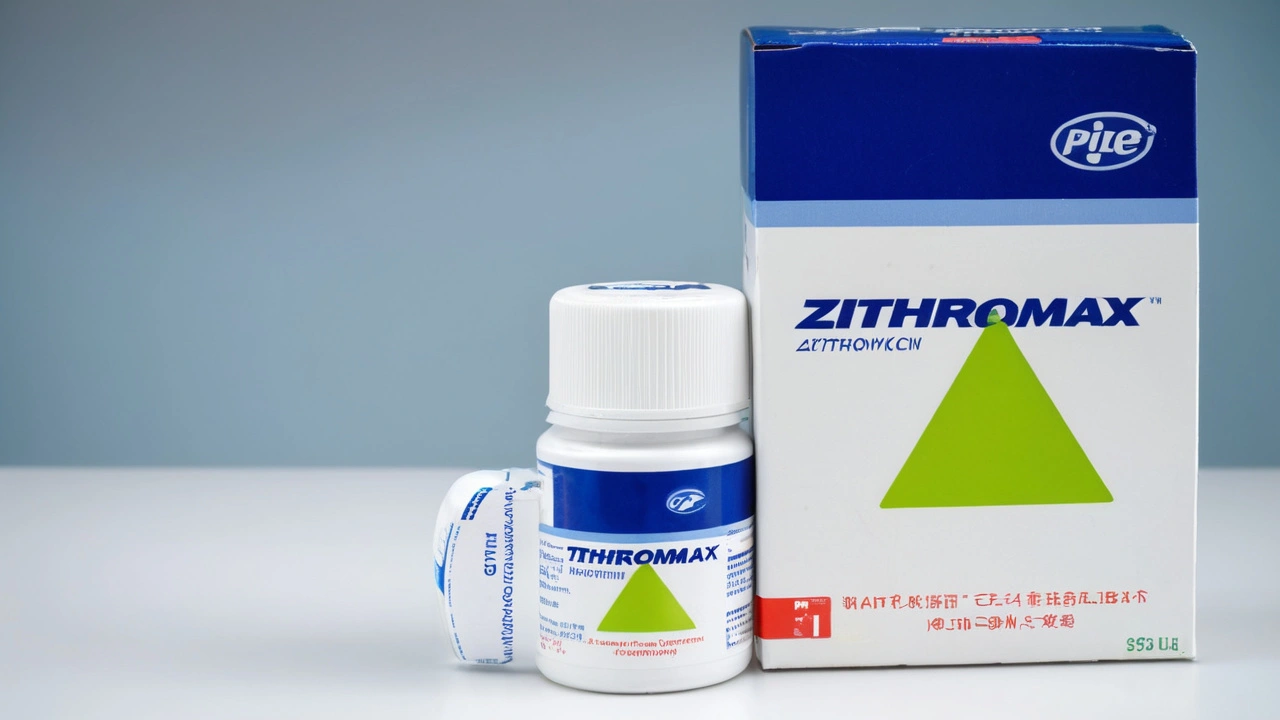FastShipping.com Domain for Sale: Grab Your High-Speed Shipping Solution!
Dec 30 2023 - Product Reviews
Welcoming a newborn is a beautiful experience, but it comes with a big responsibility—making sure your little one stays safe and healthy right from the start. Neonatal care covers all the basics a newborn needs, from feeding and sleeping to keeping them warm and spotting early signs of illness.
First off, understanding your baby’s needs is key. Newborns have delicate immune systems, so good hygiene is a must. Always wash your hands before handling your baby, and keep their environment clean. This simple step helps prevent common infections that little ones are more vulnerable to.
Whether you’re breastfeeding or formula-feeding, feeding is the foundation of good neonatal care. Breast milk is packed with nutrients and antibodies that boost your baby’s natural defenses. If you choose formula, make sure to follow preparation instructions carefully to avoid contamination. Feeding on demand, watching for hunger cues, and not forcing the baby to finish a bottle or breast help support a healthy relationship with food.
Newborns usually need to eat every two to three hours, so expect frequent feedings and some sleepless nights. It's normal, but if you notice your baby is having trouble feeding or not gaining weight, reach out to your pediatrician right away.
Safe sleep practices are a crucial part of neonatal care. Always place your baby on their back to sleep on a firm mattress without loose bedding, pillows, or toys around. Sharing a room (not a bed) with your baby for the first six months can decrease the risk of sleep-related accidents. Also, keep the room at a comfortable temperature—not too hot or cold—to reduce the risk of sudden infant death syndrome (SIDS).
Many parents worry about diaper rash or skin irritation; these can be avoided with regular diaper changes and gentle cleaning. Use fragrance-free wipes or a damp cloth and choose breathable diapers to keep skin healthy.
Recognizing early signs of trouble is part of excellent neonatal care. If your baby shows persistent crying, difficulty breathing, poor feeding, or unusual lethargy, don’t hesitate to get medical advice. Sometimes what feels minor can be a sign of a bigger issue in newborns.
Neonatal care may seem overwhelming at first, but it’s all about building routines and learning your baby’s unique signals. Remember, every parent starts somewhere. Reach out to healthcare providers or support groups whenever you need – you’re not alone in this journey.

A recent meta-analysis suggests that higher initial oxygen concentrations could benefit very preterm infants, potentially improving their outcomes. The study, reported on MedPage Today, compiled data from multiple research sources and indicated positive associations. However, more extensive research is required to confirm these findings and ensure they can be practically applied in clinical settings.
read more© 2026. All rights reserved.
